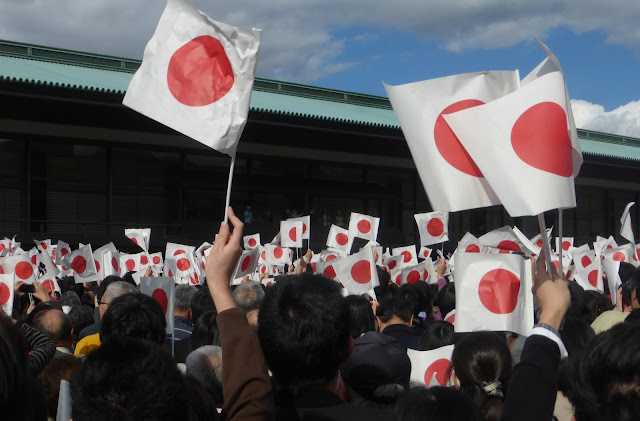Using Mass Hypnosis for the better: A lesson from Abenomics
Introduction
The tragic and unforgivable killing of Shinzo Abe put a spotlight back on the defining characteristic of his time as Prime Minister i.e. Abenomics. The success of his economic policies is still debated due to mixed results over a number of years. Personally, I don't think judging an economic policy is that simple. A country like Japan does not operate in a vacuum and is affected by unforeseen events around the world. However, I still believe there is a lot we can learn from the shortcomings of his economic policy
Abenomics and why it couldn't fulfill the promise:
The 1990s and the 2000s were a two-decade period of Japan essentially stalling. Its industry, once the envy of the world, stopped innovating, and its trade surpluses, once the biggest in the world, stopped being so big. On top of that Japan, started suffering from degrading living standards and demographic problems.
Abenomics was an attempt to use, easy monetary policy, loose fiscal policy, and structural changes within the social-economic framework of Japan. It was hoped that incredibly high spending, coupled with loosening up of Japan's notoriously rigid culture, would lead to a resurgence of Japanese industry and society.
Even though Japan did avoid falling into stagnation, a lot of the pressing issues of the nation (beyond the inflation rate) lingered on. Corporate Japan could still not compete with the Koreans and the Chinese, let alone Silicon Valley. Women participation remained low, and living standards were pretty much the same. It may not have been a complete economic failure, but it felt like Japan just avoid the worst without really improving itself.
and this I believe is the problem with Japan. This conservative, play-safe thinking it feels permeates the country's political and even corporate system. No one is willing to make big bets or make big changes, it is just deemed too risky.
Mass Hypnosis and Culture Change:
I believe Japan cannot achieve an economic renaissance without achieving a socio-economic renaissance. In fact, a complete mindset in the way the whole country thinks and functions. A renaissance not only in word but in spirit. Japan is still a very hierarchical and patriarchal society, where going against the boss, parents, elders, and wisdom of the old, is not readily accepted. Western Culture may have led to the Japanese wearing western clothes, but it is still a uniquely Asian country. Like anywhere else in the world, some values inspire and others deter.
Japan's conservative mindset makes it make small changes, with very small time frames. A more energetic and entrepreneurial attitude is required. One where Japan makes longer-term plans, that are more holistic in nature and that directly challenge what Japan as a country is.
This won't be the first time Japan would have to do this. It has redefined itself many times in its history, however, like before it lacks a national narrative to drive the country forward.
We can learn a lot from Mass Hypnosis, social engineering, and propaganda techniques. Now, these may have negative connotations, however, imagine if the same tools can be used for the good. Politicians and policymakers use such tools all the time, through small 'nudges' in policies, exuberant PR, and even though changing textbooks for kids. An inspiring message from an inspiring leader can change the mood of the population so much that even lawmakers have to get on board.
A strong message given again and again, over a period of time, tends to become a part of the culture. We have this power being used again and again, for the bad as well as for the good. Using emotions to persuade people is very powerful, rallying everyone for Queen and Country or Religion can make people sacrifice the present for the future.
Schools are a powerful change point as well. Changing textbooks and engagement through schools with parents creates a powerful way to change the culture of a whole generation. New values and beliefs can be taught that can help change society as a whole.
Conclusion:
While Shinzo Abe may have had the right intentions, the socio-cultural environment within which he wanted to create change was not really the right one. Japanese society, like many other societies around the world, needs a total rethink of its social, and cultural systems to enable economic growth and holistic prosperity.
Calling all this Mass Hypnosis may be a bit provocative, but the point I am trying to make is that Japan doesn't just have an economic problem, it also has a cultural problem. Both must change together, otherwise, the results will always remain unsatisfactory.
Umair Usman is a Businessperson, Rapid Transformational Therapy Practitioner, and blogger. You can know more about the family rug business on www.uch.com.pk My blog 'Convincing Ourselves' is now featured on https://blog.feedspot.com/psychology_blogs/
You can know more about him at www.thecognitiveconsultants.com. To book a free consultancy session, please fill the form https://tinyurl.com/y6n2vv8w
My blog 'Convincing Ourselves' is now featured on https://blog.feedspot.com/psychology_blogs/



Comments
Post a Comment